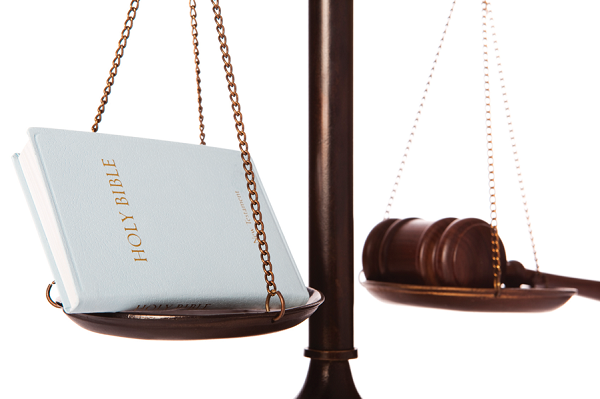
Religious law or secular law: What’s more important for elections date?
The current controversy over the issue of the 2024 elections date, stimulated by the Seventh Day Adventists’ request to change the date as it falls on a Saturday, the Seventh Day Adventists’ holy day, is the most recent example of a recurring issue, which first appeared in 2008. Ghana is home to more than 17 million registered voters.
Advertisement
There are around 350,000 Seventh Day Adventists, approximately two per cent of the population. If all of the Seventh Day Adventists refuse to vote because the elections are scheduled to fall on their holy day, this would effectively disenfranchise a significant fraction of potential voters.
In what is likely to be close election, every vote counts. Should steps be taken to ensure that all Seventh Day Adventists feel they may vote, by changing the election date so that it doesn’t fall on a Saturday?
Bigger question
To what extent are the concerns of a small but demographically significant minority more important than the majority, who would not want the elections date to be changed, not least because they are accustomed to December 7 as elections day and plan their working lives to accommodate the date?
This controversy raises a bigger question: When should the date of national elections be changed? When there are good reasons for changing an election date which has been in place for three decades?
The elections date of December 7 was agreed on more than 30 years ago, when the Constitution of the Fourth Republic was inaugurated, following the return to democracy.
Earlier requests to change the election date from religious leaders have been rebuffed. In 2008, for example, the elections fell on a Sunday, and this raised the fear that millions of
Christians would not be willing to vote, which would potentially significantly affect the electoral outcome.
The date was not changed to accommodate the concerns of some Christians.
While it is widely agreed that Ghanaians are a religious people, Ghana is a secular state, that is, where no religion is favoured over others. This does not mean that religious leaders cannot be active in the public domain or that religious people cannot voice their opinions about any issues they choose.
All Ghanaians can do that, regardless of religious affiliation or lack of it. Being a secular state means that in Ghana, religious law is always secondary to laws passed by Parliament.
1992 Constitution
The first line of the 1992 constitution proclaims:
IN THE NAME OF THE ALMIGHTY GOD
We the People of Ghana,
IN EXERCISE of our natural and inalienable right to establish a framework of government which shall secure for ourselves and posterity the blessings of liberty, equality of opportunity and prosperity … DO HEREBY ADOPT, ENACT AND GIVE TO OURSELVES THIS CONSTITUTION
The 1992 Constitution recognises Ghana as both dependent on and cognisant of the public importance of God. But which God? Reference to ‘Almighty God’ does not imply any particular God, whether Christian or Muslim, or any other specific deity.
‘God’ in this context could refer to a non-specific creator rather than a faith-specific deity. It does not necessarily imply that the God to which the Constitution refers is the Christian God or that of any other faith.
Unless the 1992 Constitution is amended to state that Ghana is a Christian nation, as has been the case in Zambia for over 30 years, or a Muslim state, as is the case in, for example, Iran for more than 40 years, then the supremacy of the secular will prevail. As a result, it would be unconstitutional to change the date of national elections just because they fall on a Saturday, Sunday, or any other day regarded as holy by followers of one religious faith or another.
Ghana has a long and proud history of excellent inter-faith relations and long may this continue. Pressure from religious leaders to change important arrangements, such as the date of national elections, should be resisted and Ghana’s secular position should continue to be respected and protected.
The danger of changing prevailing constitutional arrangements to favour one religion over another is obvious: some followers of other religions would likely feel challenged or threatened by such a move and would probably lobby government to amend things in their favour. This would open the floodgates of inter-faith rivalry and potential conflict.
Ghana is secular and should remain so for the good of all Ghanaians.
The writer is a Professor of Politics, London Metropolitan University, United Kingdom.




